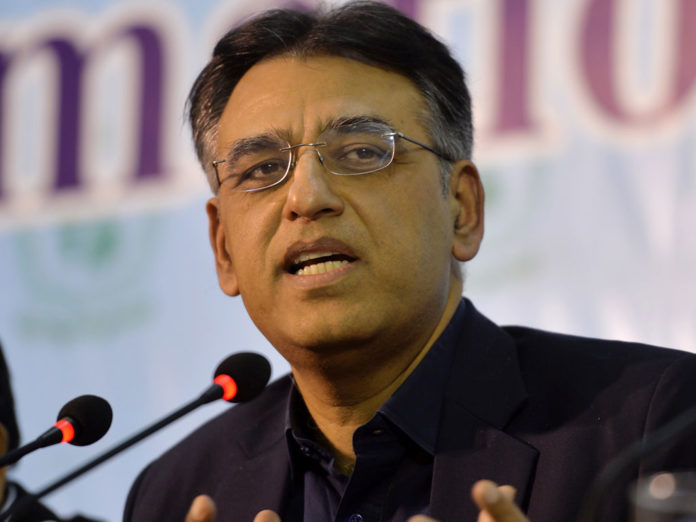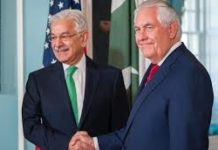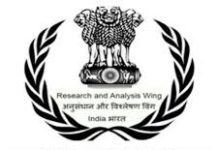By Muhammad Luqman
Pakistan’s Finance Minister Asad Umar has unveiled a package of measures to boost exports and investment and help the South Asian country address a severe balance of payments crisis that has forced it to turn to the gulf nations and International Monetary Fund for bail out.
Announcing measures to cut red tape, lower taxes for small and medium-sized businesses and cutting taxes on imports of industrial raw materials, Asad Umar said the PTI government had to improve conditions for local businesses.
“Until there is investment, the country’s economy cannot move forward,” he told lower houses of parliament. “This is not a budget, it is a reform package.”
He said a full economic medium-term reform package would be presented next week.
With growth set to drop to around 4 percent this year from 5.8 percent last year, a yawning current account deficit and a fiscal deficit of almost 7 percent of gross domestic product, Pakistan faces heavy pressure to reform its economy, according to media reports.
Since coming to power in August, much of the Imran Khan-led government’s effort has focused on overcoming the balance of payments crisis.
Pakistan has opened talks with the IMF and although there has so far been no agreement on the terms of what would be its 13th bailout since the 1980s, Prime Minister Imran Khan’s government has pledged reforms to bring down its current account deficit, which the IMF expects to reach 5.3 percent of GDP this year, according to media reports.
“We need to create an economy where this IMF programme will be Pakistan’s last,” Umar said.
In addition, strong demand for consumer products and energy costs in past years have pushed the current account deficit wider, leaving the government struggling to bring it back under control.
Umar said taxes on imported luxury cars would be raised, while local manufacturers would be helped by a cut in import duty on imported raw materials and on machinery imported into special economic zones.
Customs duty would also be cut on equipment for renewable energy generations for five years, in a bid to ease a chronic energy crisis that has left Pakistani businesses and households suffering repeated power outages and gas supply interruptions.
The minister in his speech said the corrective measures were necessitated primarily because the PML-N government had delivered an “election budget” which was also highly unrealistic in terms of revenue and growth targets.
Secondly, he said, it was part of government’s efforts to remove the structural flaws in the economy which force the country to go for IMF loans again and again.















